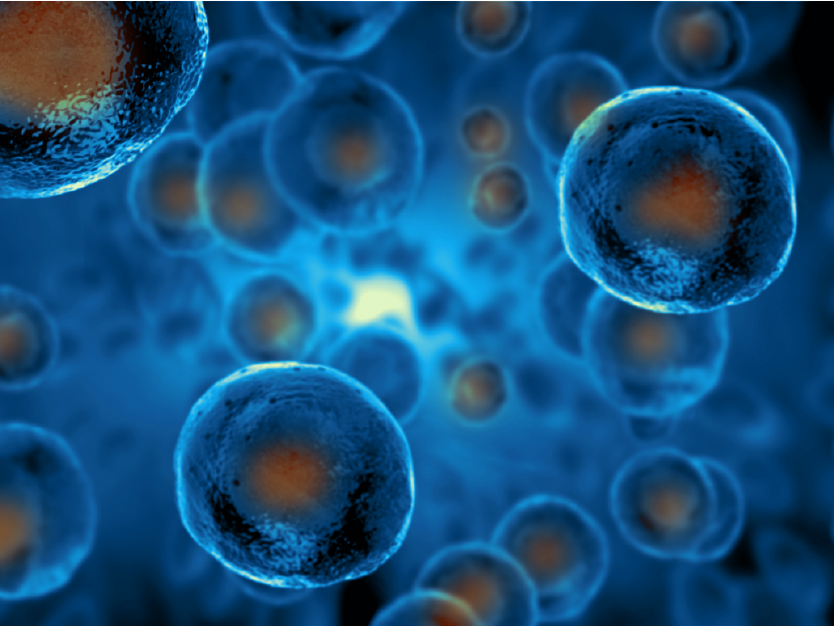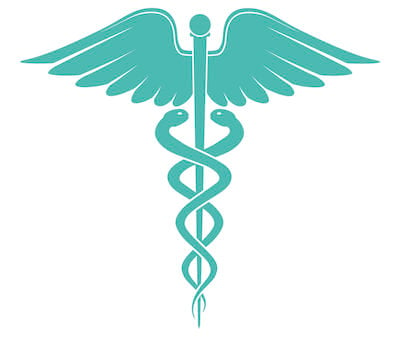Having worked in a proteomics lab for my PhD dissertation, I had some familiarity with the tools and strategies used to study biology on a systems level. One of the concepts I was always interested in was the ability to just follow a protein's journey throughout the cell, from the time it is translated by the ribosome to its final destination either within an organelle or when it is secreted into the extracellular space. At the time I was finishing up, I wasn't sure that the technology was yet advanced enough to make that a reality, particularly if done within a single cell. But within the past few years, a new era of spatial proteomics has emerged to allow us to observe cell biology in a whole new light.
Just a few short weeks after the highly irreverent yet still important Ig Nobel Ceremony, the science community recognized the cream of its crop with the 2023 Nobel Prizes in the first full week of October. The dates for the official announcements are aligned with their usual order throughout the years, always announcing Physiology and Medicine first, then Physics, then Chemistry. The Nobel Committee will transition toward the Literature and Peace prizes to round out the week before Economics is announced on the following Monday. As usual, these prizes recognize a lifetime of work that has given the greatest benefit to humanity. Click the links to check out some of our picks for greatest Nobel science achievements as well a look at last year's Nobel winners, but here we go for this year's running tally of scientific legend.
I recall a time many moons ago when I first started my graduate journey at Duke. I was doing one of my final rotations before joining a thesis lab, and I was sitting in a lab meeting where the group was discussing a particular surface marker on immune cells. Apparently this marker (long since forgot which one) could be cleaved and the "shedding" effect led to normal immune function. So silly young me who didn't know asked, "So what happens if you can't cleave it?" At that point one of the research professors said, "Well that's a stupid question" but in a way that was more bemused than malicious, as it turns out that was the thesis project for the postdoc in the lab who was training me. Other than the part where I probably should have known that was her entire project for like six years, I had stumbled upon my first "stupid" question that actually led to tangible answers that contributed to our understanding of science. Not that I actually did the work here, mind you, but someone else also asked that question and decided to answer it for themselves. I've long since forgotten the mechanism or the phenotype of the mouse that couldn't shed that marker, but the core memory stuck with me and shaped the way I approached students and education, because while questions might seem dumb, they at least always make you think.
I always look forward to this time of year, even more so sometimes than the actual Nobel Prizes, because I want to see what new insights can be derived from the weird science that, as they say, first makes you laugh, then think. That's right, now we are at the 33rd First Annual Ig Nobel Prizes! Just like last year and the few years before, the Ig Nobel ceremony was conducted virtually while the pandemic is still not quelled to an extent that allowed the organizers (men and women of science, see?) to be comfortable enough to have hundreds of people packed into a raucous arena, so the paper airplane tosses and everything else was pre-taped and released online. This did not take away from the absurdity and the few laugh-out-loud moments that I (and probably hundreds of thousands of science enthusiasts tuning in from around the globe) had during the 90-minute event. I do wonder if some of these might supplant my personal top ten, but maybe not just yet. Now let's see what happened!
Having navigated the worst of a pandemic, it is amazing how just barely over a year since the first reports of SARS-CoV-2, a vaccine was developed. What might not be as well known is that the foundation for the COVID-19 vaccine (and a just-as-rapid quell of the spread, though obviously still be vigilant and take proper precautions) was laid out for decades with the study of mRNA-based vaccines. Although I still masked up regularly until early 2023, I was thrilled to have the opportunity to get the vaccine as soon as it was available in 2021, as my family and I sought to protect ourselves and others through a day or two of aches and nausea. The scientists and technicians at the various companies that conceived of and manufactured the vaccines that have been distributed across the planet are relatively anonymous but should be commended. August being National Immunization Awareness Month, let us learn a bit more about vaccination and the pioneers that offer us important protections that we should not take for granted.
By the time I returned to graduate school to complete my PhD, the entering class in my program was half women and a large portion of my instructors were also women. I was encouraged to have access to their perspective and philosophies on science, and thought it a far cry from a decade before when most of my undergraduate instructors were men. Unfortunately, regardless of who is doing the reporting, although women do make up a good proportion of health care workers and just under half of all life science positions in the workforce, women comprise less than 30% of all STEM workers in the world, and since they are nudged away from science throughout their lives and careers while earning fewer STEM degrees than men, particularly in non-physical science fields. This is demonstrably worse for non-Asian minorities as their representation in STEM fields is under 10% overall. While I am thrilled to have been influenced by so many talented women scientists and colleagues in my career, these numbers can and should be improved.









